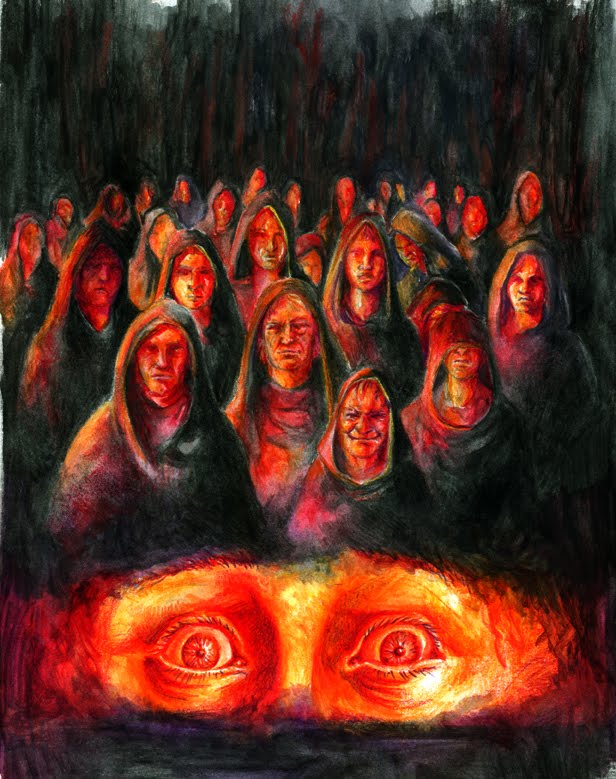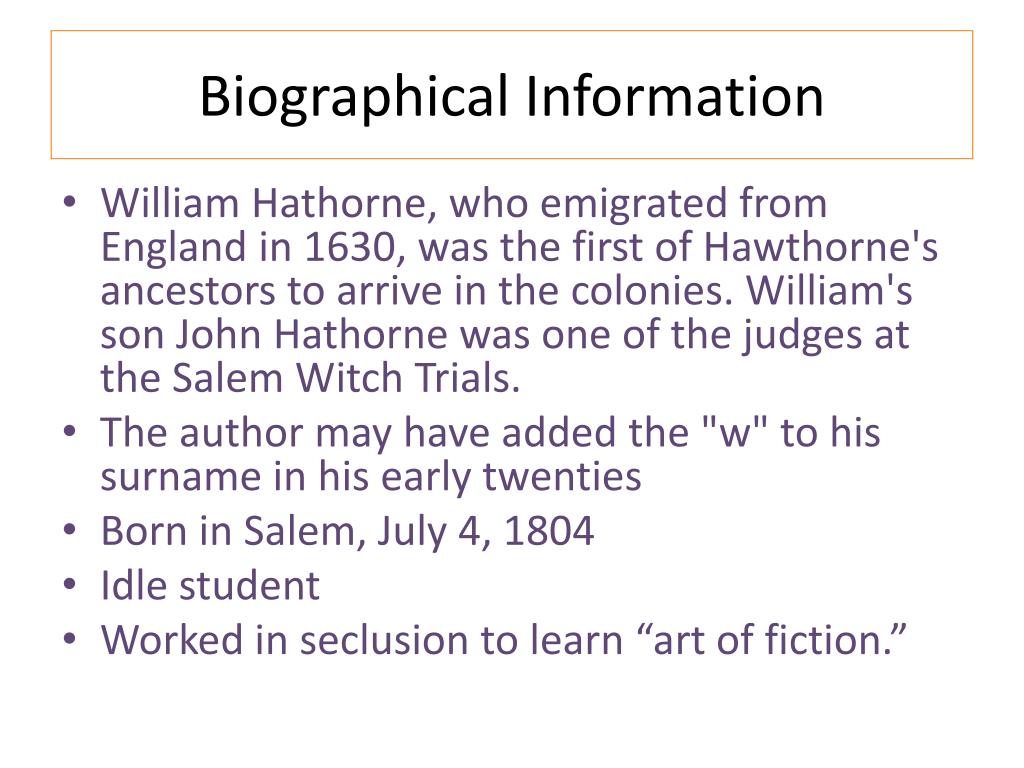


In historical narrations, the setting is already given and an unchangeable part of the story line. Good settings can give a story its final touch and bad chosen settings can destroy a narration.

No narration can stand without a setting the setting is essential and influences every narration. In other words, the setting of a story is just as important as the characters that act within the story. The Greek term opsis (“scene,” or “spectacle”) is now occasionally used to denote a particular visible or picturable setting in any work of literature, including a lyric poem… In works by writers such as Edgar Allan Poe, Thomas Hardy, and William Faulkner, both the overall and individual settings are important elements in generating the atmosphere of their works. The overall setting of “Macbeth”, for example, is medieval Scotland, and the setting for a particular scene in which Macbeth comes upon the witches is a blasted heath. The overall setting of a narrative or dramatic work is the general local, historical time, and social circumstances in which its action occurs the setting of a single episode or scene within a work is the particular physical location in which it takes place. In “A Glossary of Literary Terms” the term “setting” is described as followed:


 0 kommentar(er)
0 kommentar(er)
